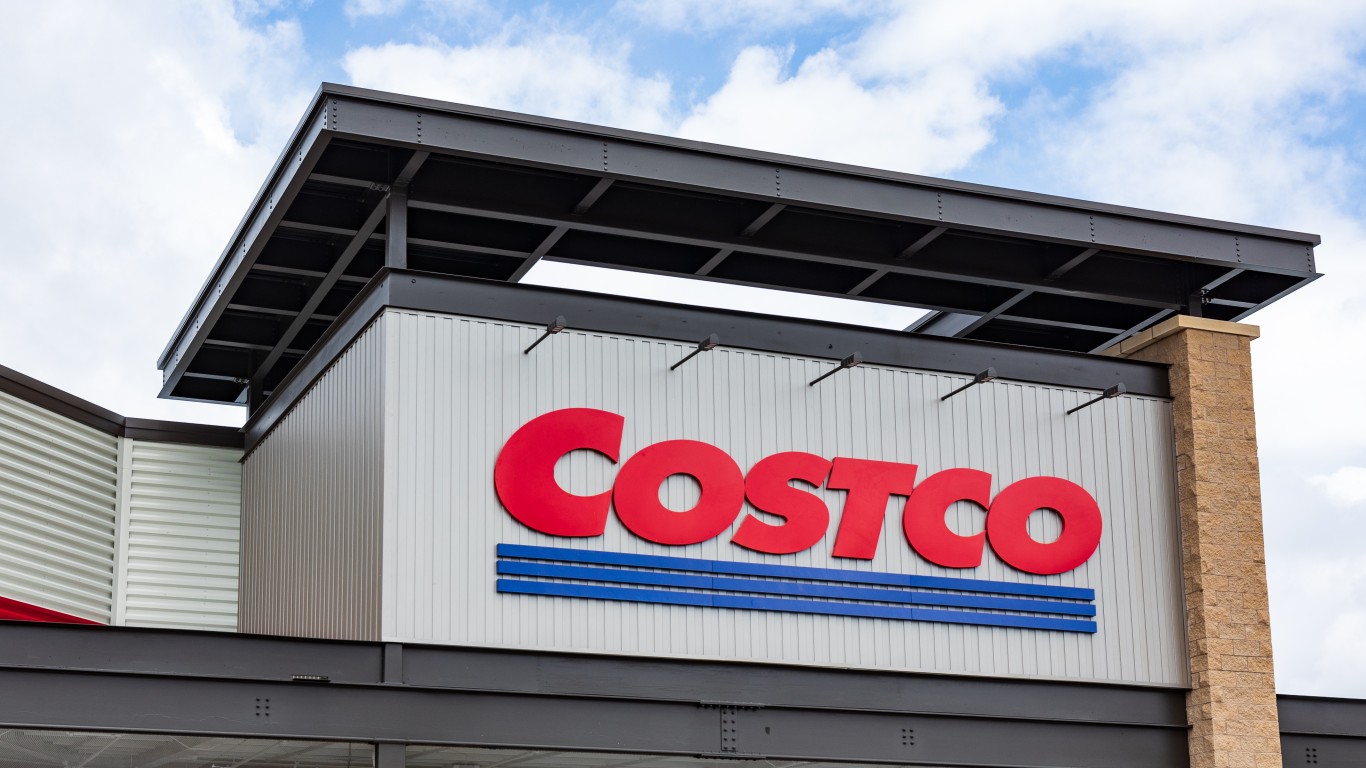
Not to be an apologist, but a research firm recently said that Wal-Mart Stores Inc.’s (NYSE: WMT) outsourcing of manufacturing to China has cost the United States 400,000 jobs. The word used is “displaced.” Since Wal-Mart has over 1.4 million employees in the United States, it has given back only part of that sum, if it has given back any at all.
The Economic Policy Institute (EPI) claims these jobs were displaced. It is not clear if the jobs would have existed anyway. They disappeared between 2001 and 2013. Who knows? Wal-Mart may have put some of those jobs back. Probably not. The EPI theory is that Wal-Mart’s imports from China mean it supports jobs in China. That part of the supposition is true.
As an aside, Robert E. Scott, who wrote the study for the EPI, was an assistant professor with the College of Business and Management of the University of Maryland at College Park before he joined the think tank. Perhaps the EPI paid him enough to leave before he was made a full professor. Or he may not have had the skills to get promoted.
Wal-Mart was started in 1962 with just a handful of employees. It had 21,000 by 1980. In 1992, it had 371,000. Since then, Wal-Mart has added 1 million U.S. jobs.
All large companies create a ripple effect in terms creating jobs in related businesses. Wal-Mart has helped create employment for drivers who haul Wal-Mart material, the people who build the stores themselves, the people who keep the air-conditioning running, workers in restaurants near the stores — which are probably McDonald’s Corp. (NYSE: MCD) — and people based in the United States who make items for Wal-Mart. None of those jobs have moved to China.
Wal-Mart may treat its employees badly. It may not pay them enough. It may make them work long hours at short notice and may stop them from unionizing. Wal-Mart may be the worst employer in America.
At some point, in the past few decades, Wal-Mart did create 1.4 million jobs in the United States. Some of those might even have been filled by people who could not get work anywhere else.
Are You Ahead, or Behind on Retirement?
If you’re one of the over 4 Million Americans set to retire this year, you may want to pay attention. Many people have worked their whole lives preparing to retire without ever knowing the answer to the most important question: am I ahead, or behind on my goals?
Don’t make the same mistake. It’s an easy question to answer. A quick conversation with a financial advisor can help you unpack your savings, spending, and goals for your money. With Zoe Financial’s free matching tool, you can connect with trusted financial advisors in minutes.
Why wait? Click here to get started today!
Thank you for reading! Have some feedback for us?
Contact the 24/7 Wall St. editorial team.




